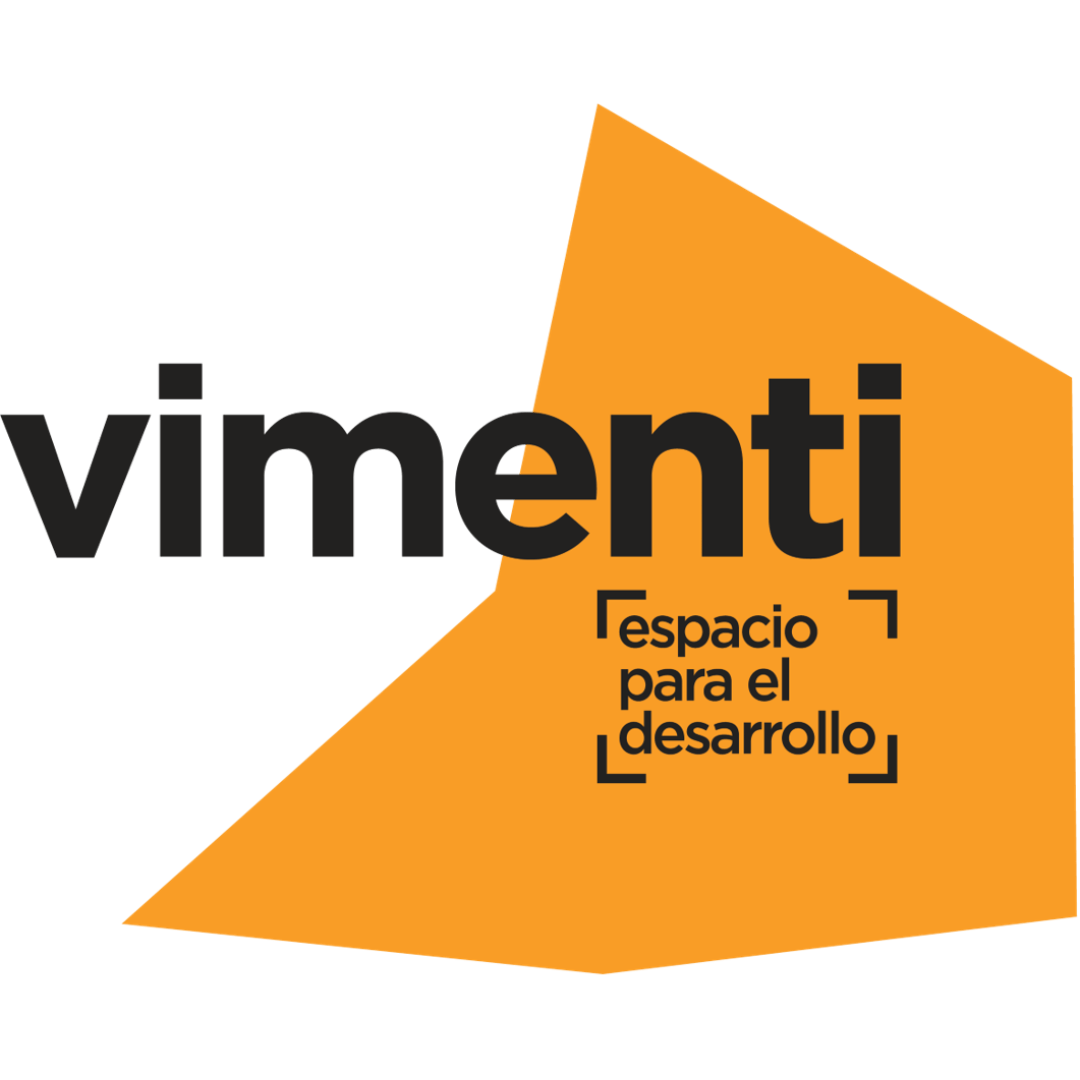San Juan, Puerto Rico (March 31, 2025) – The Full-Service Community Schools (FSCS) Program held its first conference for the Puerto Rico Department of Education school communities and nonprofit organizations. The goal was to unite efforts, share experiences and outcomes, and positively impact public education, families, and communities.
'Today, we have gathered to highlight our learning spaces' relevance and impact—not just for students but for the entire community and Puerto Rico. All too often, the news focuses on the setbacks and precariousness of education in Puerto Rico. While there is undeniable truth in these realities, we also see daily stories of success that are born in the classroom,” said Lola Yglesias, Director of the FSCS Incubation and Expansion Program, who moderated the panel titled “The Power of Collective Impact: Cross-Sector Collaboration.”
Collaboration among different sectors of society is essential for promoting the comprehensive development of students, their families, and their communities. Only through strategic partnerships between education, the public sector, private enterprise, and civil society can we build environments that ensure equity, foster innovation, and generate sustainable social impact. The panel included Andrea Irizarry Rodríguez, Director of the Office for Family and Community Integration at the Puerto Rico Department of Education; Bárbara Rivera Batista, Founder and Executive Director of Vimenti; Michael Fernández Frey, Executive Director of Caras con Causa; and Anitza Cox from Estudios Técnicos.
Experts on education and poverty presented the outcomes of implementing the Full-Service Community Schools approach. They showcased how proper data and information management can drive impact. They emphasized the importance of collaboration among entities, agencies, and communities in achieving academic success and eradicating poverty and inequality in Puerto Rico’s most vulnerable communities.
Vimenti’s Two-Generation Model will serve as the foundation for developing and expanding services and programs that holistically address the needs of students, families, and communities. Caras con Causa is the program’s main ally, advancing community development to eradicate poverty through education, ecology, and economic development in partnership with the communities of Cataño and Guaynabo.
“This program allows us to expand the components of our Two-Generation Model, which impacts children and their parents together. Now more than ever, we recognize that these wraparound services are essential to addressing the academic, social, and economic needs affecting our most vulnerable students, families, and communities,” emphasized Bárbara Rivera Batista, Founder and Executive Director of Vimenti.
Through this program, Vimenti has added the Incubation Project to provide services to students, families, and communities to bridge education, health, and workforce development gaps in low-income areas. So far, the initiative has created more than 10 direct jobs and approximately 28 indirect jobs. Rivera Batista explained that implementing the Two-Generation Model allows for expansion to six additional partner public schools, potentially impacting an estimated 1,500 students, their families, school communities, and the broader public over five years. Four schools are already part of the Vimenti FSCS Program: Escuela Manuel A. Pérez, Escuela Berwin Intermedia, Escuela con Causa Rosalina Caraballo, and Vimenti School.
“Offering this opportunity to diverse school communities represents an innovative step in the grassroots transformation of public education. Strengthening services to students and their families increases students' likelihood of future success in FSCS schools,” said Michael Fernández, Executive Director of Caras con Causa.
“Community schools are much more than a program; they represent a vision of social and educational justice,” added Andrea Irizarry Rodríguez, Director of the Department of Education’s Family and Community Program. “Our call is to see families not as guests but as active partners in the educational process. That is our biggest goal. As Director of the Office for Family and Community Integration, I reaffirm our commitment to continue promoting this model and supporting all schools that choose to pursue this transformative path.”
